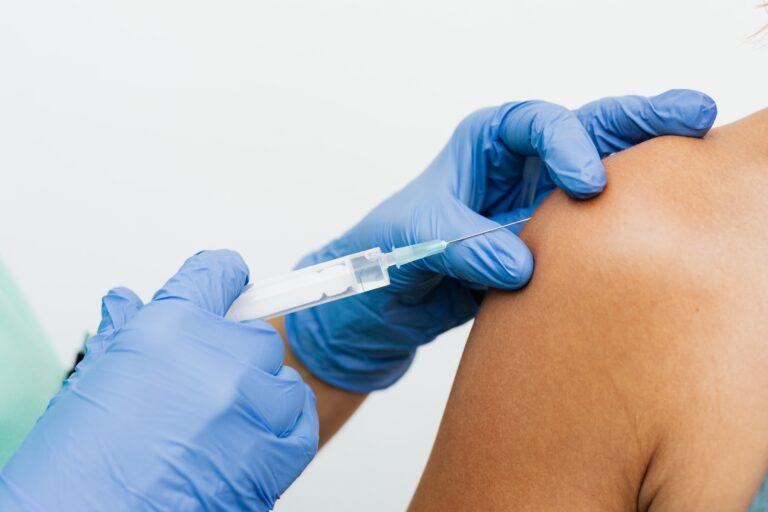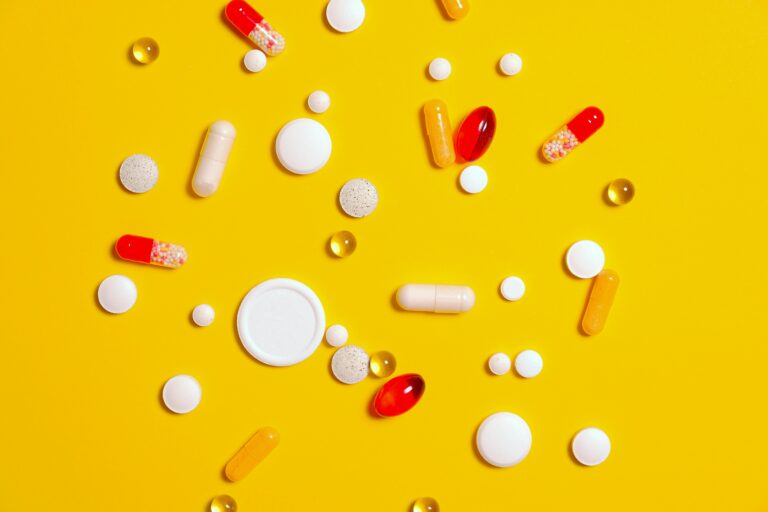Blood donation aids both patient and donor

Blood donation is an essential and simple procedure that benefits both people who are ill and injured, as well as donors. The World Health Organization (WHO) notes, “Blood transfusion (the process of injecting blood components into the bloodstream of a recipient) saves lives and improves health, it is most commonly used for supportive care in cardiovascular surgery, transplant surgery, massive trauma, manage pregnancy-related complications and severe childhood anaemia.”
In some cases, families are urged to give blood for their loved ones who are hospitalized for various conditions. “I got a call early this morning from the hospital that my sister, who take in to have baby, need blood because she has to do a C-section”, said Romaine Foster (not his real name), a prospective blood donor. His sister was admitted at the May Pen Hospital, which also facilitates blood donation.
In another case at the same hospital, family members of Noel Bert (not his real name) were encouraged to give blood because he suffers from cytopenia, also known as low blood count. “This means your bone marrow is not making enough of one type of blood cells and can have many causes, including vitamin deficiencies, bleeding, and rare bone marrow,” notes the Aplastic Anemia and MDS International Foundation.
Bert “was given some blood and he is recovering well the doctor said,” a family member, Rachel Thompson (not her real name) told the Jamaica Monitor.
But people cannot donate blood without following some steps that will approve their willingness to donate. According to the National Blood Transfusion Service (blood bank), “Potential donors are interviewed by trained and qualified staff about personal and medical history as well as current health and behaviour”.
Additionally, people who are healthy, between ages 16 and 75, are eligible candidates to donate blood. However, those who are currently medicating, have recent skin piercings and tattoos are exempt from it. Regular, or even occasional, blood donors can reap many health benefits that contribute to their wellbeing.
One such benefit is the reduction in harmful iron stores. Some people with extra iron stores, a medical condition known as hereditary hemochromatosis, where “the body can build up too much iron in the skin, heart, liver, pancreas, pituitary gland, and joints,” reports The Centres for Disease Control and Prevention (CDC). In addition to this, too much iron in the body is toxic and will gradually damage the organs and tissues in the body, which may lead to other complications like liver disease, arthritis, and diabetes.
Another health benefit is the reduction in heart attacks. In a study by the American Journal of Epidemiology, blood donation at least once annually, decreases heart attacks in donors by more than 80 per cent, because blood vessels have more room to function after a donation.
However, “helping people who are ill remains a key benefit,” says health professionals.
Some collection centres in Jamaica include Cornwall Regional, Mandeville, Falmouth, Port Antonio, Savanna-La-Mar hospitals, and the University Hospital of the West Indies.






